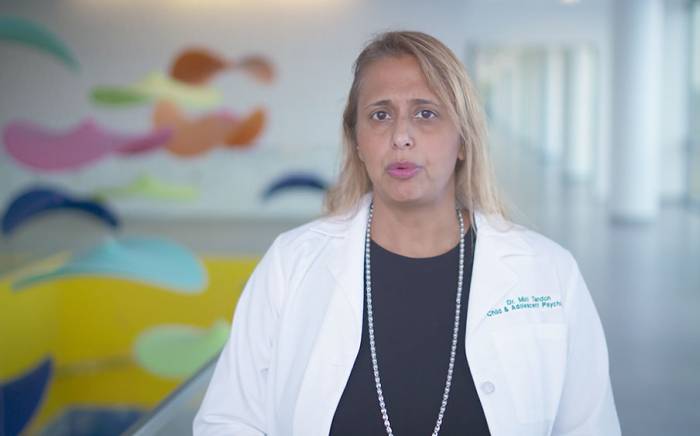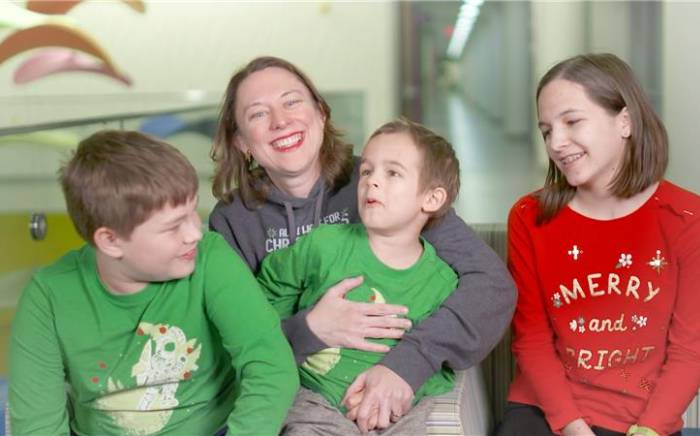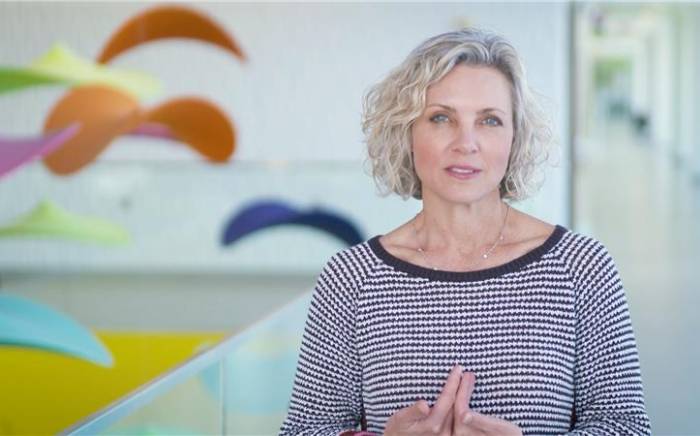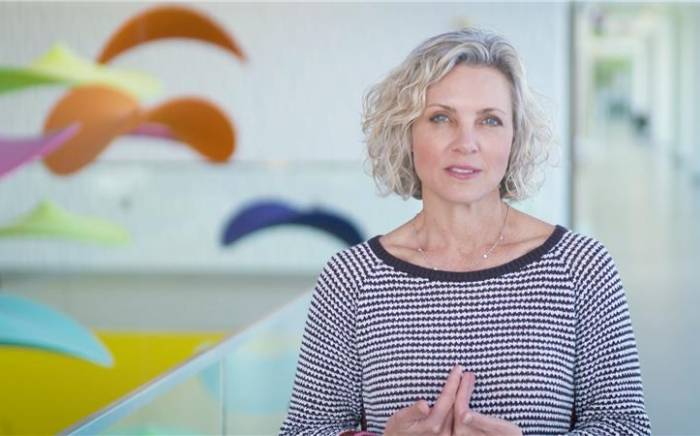For teenagers, getting a driver’s license is a highly anticipated rite of passage. To them, it’s the road to independence. When they get their licenses, they also get to make an important decision: Do they want to become organ or tissue donors?
While teenagers may feel independent, this is a question that needs to be discussed as a family, according to Michelle Nadler, APRN, BC, pediatric liver transplant nurse practitioner at St. Louis Children’s Hospital.
Even if a teenager signs the back of his or her driver’s license to indicate organ donor status, the family still has to give permission in the event of a tragedy. Signing the driver’s license can open the door to conversation.
“It’s difficult to make a decision if you’ve never talked about organ donation and you’re dealing with the shock of losing a child,” Nadler says. “No one wants to think about the loss of a child, but unfortunately, sudden death happens every day. It’s easier to have a conversation around the dinner table to explore feelings about organ donation rather than during a crisis. This also gives teens some autonomy to make their own decisions. Then, you can prepare and carry out each other’s wishes if you should ever need to.”
Before talking with your teen about organ and tissue donation, educate yourself about the topic by researching trusted online resources together. One valuable source of information about donation is DonateLife.net. You also can register to donate online at the site by state.
Unfortunately, too many families never have the conversation or are hesitant to donate because they don’t know enough about organ and tissue donation, according to Nadler.
“Some people fear signing their driver’s licenses because they think in the case of an emergency, doctors won’t do everything they can to save them. That’s simply not true,” Nadler says. “Only after a patient is determined to have brain death is the family asked about organ donation.”
The Benefits of Donating
Organ and tissue donation is the gift of life. Up to eight people can benefit through solid organ donations of the lungs, heart, kidneys, liver, pancreas and intestines. Countless others are helped, and their quality of life is improved from tissue donation that includes heart valves, veins, skin, bones and corneas. Donors can designate all or specific organs or tissues they would like to donate.
“I don’t see any downside to being a donor—you only benefit other people,” Nadler says. There are no costs to the family for organ and tissue donation. Through the entire donation process, the body is treated with care, respect and dignity.
Nadler points out that most religions support organ and tissue donation and see it as the final act of love and generosity to others.
Meanwhile, the number of people on the waiting list for organ transplants continues to grow exponentially.
“We know if everyone who could be an organ donor would donate, then the wait times for a new organ would be dramatically shorter and the list would be smaller,” Nadler says. “Because survival rates from transplants are so good, we continue to find more ways in which organ transplant can be used to treat and cure more diseases. I encourage people to step forward to donate and help others.”
To learn more about the organ transplant services available at St. Louis Children’s Hospital, please call 314.454.KIDS (5437) or toll-free 800.678.KIDS.







